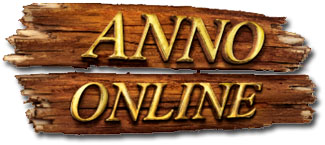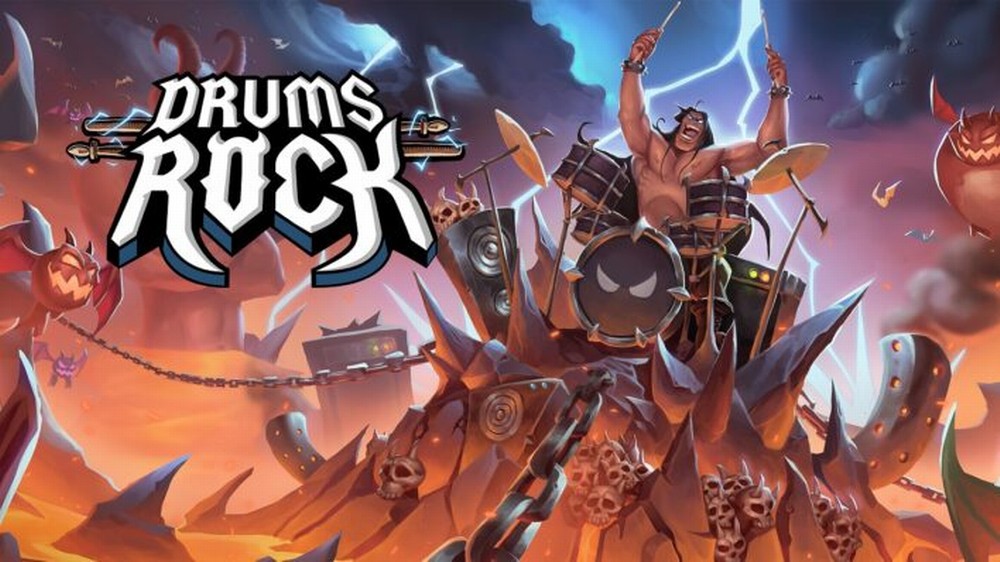Anno Online has been in open beta for some time now. Since Blue Byte and Ubisoft have let their game out into the wild, Anno has seen additional features, streamlined mechanics and technical fixes that have come to create a strong experience in its genre. It still has a sort of high barrier of entry into the meat of the game and the complexity can be a little overwhelming for people not familiar with Anno games but it remains a very entertaining and social game. Before I get too far into a proper review of the game, let’s revisit what Anno Online is with an excerpt from my preview of the game:
The basic structure of an Anno game is this: you’re given a small piece of land and a base of operations. Pioneers are willing to move in and start making a living provided some simple needs are met, such as shelter and food. Building a fishing stall connected to your warehouse via a dirt road finishes your first production chain. Once satisfied, your new denizens want more goods and services which require more complex production chains, which lead to more refined citizens who have more complicated needs and so on. All of this must be squeezed into what never seems like enough space to begin with: you are granted a limited area in which to build your residences and production chains with additional parts of your island to be discovered over time. Balancing production capability and city planning has always been the special pleasure than the Anno franchise has provided.

That’s the Anno formula in a 150-word nutshell. Anno Online seeks to bring this gameplay to an online, social arena that lets you visit and trade with neighboring island chains and newly introduced guilds. Anno has always been about maximizing efficiency, so choosing who trade with and what to give and what to get is another piece of the economic game. And this is a game about economies: there is no combat…at all. No NPC barbarians or corsairs, no PvP, no espionage. Some number of early testers who had played similar games left the scene pretty quickly for the lack of competitive action. This is a game that appeals to the cerebral bits of your cerebellum; your amygdala will have to apply elsewhere for a frenetic fix.
So what’s new? Aforementioned guilds are the biggest new feature to the game. Guilds allow players to self-organize into groups to streamline communication and collaboration. At the moment, guild functionality is extremely basic. You have a building, a guild tag by your name, and a chat channel for your guild to use. Guilds also begin rather small, permitted 5 members upon inception and a few 5 member upgrades available for purchase (using in-game resources or real money currency) up to a maximum of 25 members. The development team promises an expansion of guild features as they are developed and tested, so be on the lookout for more content based around these organizations.

Mercifully the shipyard interface has seen some improvements and simplifications. Building ships and managing their various missions is essentially the second half of the game. Resources will be expended to produce ship parts and officers. Once you have a sufficient collection of parts to build a vessel out of, you’ll give the ship a job to do. Your ship can be an explorer searching out new islands to inhabit, a transporter to move building materials or finished products about your empire, even treasure hunters, a new addition to the job roster that sends ships out in search of resources and other goodies for your consumption.
So that’s what we’re looking at now, but what do we think about it? In a single line, we think highly of it, if you’re into this sort of thing, and you really have to be into this sort of thing. That second half of the game? Getting ships and islands and trade, that’s all locked behind the size of your city. As you produce goods and attract new types of citizens to your island home more gameplay features are unlocked, but the most engaging elements require at least a moderately sized city that will take the casual, once a day player at least a week to reach, especially if the Anno series is new to them. Many buildings and piles of resources can be purchased with rubies, the real money currency, but even a significant purchase still requires some time for everything to build and populate. Locking such an important part of the game behind a time requirement will put off many more potential players than it will make them want to open their wallets, but then Anno games never really strove for mass-market appeal. They have a niche and they know it very well.

As for the meat of the game, it remains as good as it was in May. The artistic elements are crisp and distinctive. The music is thematic, although a little repetitive. The addition of even two or three similar pieces of music would make for a nice change. The introduction of new elements and the progression of your economy is balanced and intuitive if a little drawn out compared to other similar games. I remain impressed by Blue Byte’s involvement in the community. They continue to run discussions and contests, they’ve opened a new spotlight feature on community team members and have applied to the fans to write guides for the game to be featured on the official forums. Devs and team members are in chat at all hours of the day gathering feedback and generally chattering with the players. Blue Byte’s care for their product is evident on all levels.
Anno Online is a great wind-down game. You’re not really headed anywhere, you’re not playing against anyone, you’re just making things happen and watching your economy unfold. It’s not a game that’s going to appeal to everyone and it isn’t even really going to try to. If you’ve got the stomach for the long game and you’ve always wanted to build a Zen garden that grows hemp and ships it off to trade for wine, this game is certainly worth a look.
Reviewed by Joshua Flack
















